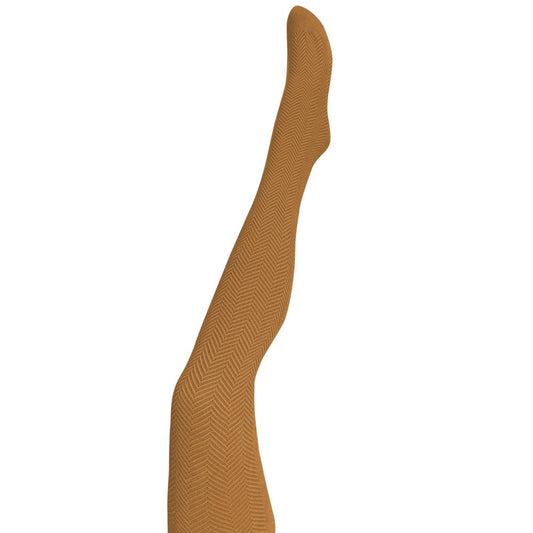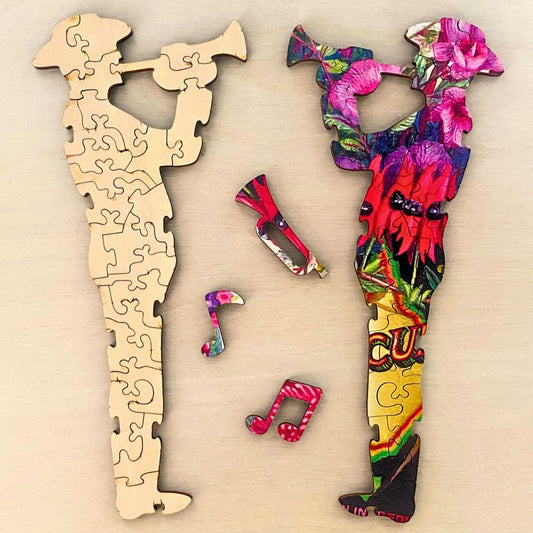
Reuse
Basic rule-of-thumb is, if it's working and safe, keep using it. For example:- Continue to use your current phone model instead of trading it in for a new model every year
- Use blank sides of used paper before recycling it
- Ignore the latest fast fashion trend and stick to what's already in your wardrobe
Repairing
Reusing also means repairing items to increase their life (and maybe improve them in the process)! This could mean darning a sock to fix a hole, getting a phone screen repaired, or gluing back together a plate. If you can't repair something yourself, sourcing professionals or learning a new skill to repair in the future is a good alternative. If repair professionals are out of your budget, you can visit a Repair Café and get your item fixed for free! Bring your item and the Café will bring the tools, materials and specialists you need, who will help you fix your item. And who knows, you may find a knack for your newly-found DIY skills. Repair Cafe's are popping up all over Australia. You can find your nearest one here > www.repaircafe.org/en/visit/Repurposing
Repurposing also falls under the reusing banner. For instance, if you have old plastic food containers you no longer feel comfortable holding your food, you can drill a few holes in the bottom and make your own pots and planters! You can use your old bamboo toothbrush handles as plant markers in the veggie garden. The possibilities are infinite. A quick Google can reveal a plethora of ideas on how to re-purpose your items that would otherwise go into landfill. And it will mean less money spent on new items too. Good for the planet and your back pocket.DIY
Similar to repurposing, this solution basically entails making things yourself, like skin care, cleaning products, clothes, furniture, art and homewares. Here are some ideas:- Discover our huge range of DIY skin care recipes and DIY cleaning recipes on our blog, plus all the raw ingredients and utensils to make them with.
- Find clothes patterns on Ebay, Etsy, and many other locations, including here at Biome.
- Make your own beeswax wraps and other homewares instead of buying new
- Join a local wood turning, pottery or blacksmith group and learn how to make things with your hands.

Recycle
Recycling, if done right, can have a significantly positive impact on the environment. Planet Ark's Recycling Near You website is an excellent resource for everyone in Australia > https://recyclingnearyou.com.au Below we've linked to the waste and recycling guidelines of Australian capital cities. Bear in mind waste and recycling guidelines differ significantly between states and councils, and we recommend you check with your local council if you're not sure of how to dispose of something.Council curb side recycling bin
You can generally recycle the following items in your curb side recycling bin.- Paper
- Cardboard (un-waxed)
- Firm plastic containers (shampoo bottles, etc.)
- Metal (aluminium and steel) – cans, tin foil
- Aerosol cans – must be empty
- Cellophane
- Ceramics
- Clothes
- Drinking glasses
- Food waste
- Garden waste
- Heat-proof dishes
- Nappies
- Needles and syringes
- Padded envelopes that contain plastic
- Photographs
- Plastic bags
- Polystyrene foam
- Soft plastics, such as food wrappers and plastic wrap
- Tissues and toilet paper
- Wax-coated paper
Other ways to recycle
While you can't recycle everything in your curb side recycling bin it doesn't mean they are not recyclable! Visit the Recycling Near You website to search for drop-off locations to recycle a wide range of items including electronic waste, batteries, printer cartridges, whitegoods, furniture and more > https://recyclingnearyou.com.au To recycle soft plastics and plastic bags, take them to your nearest Redcycle collection point (usually at supermarkets). Redcycle recycle soft plastic and turn them into useful items, like outdoor furniture. Old clothes that can't be worn or revamped can be donated - more information on donation is below. Most food waste can be composted, and garden waste can either be composted or put into your green-waste bin. More information on composting is below too. We also offer TerraCycle Zero Waste Boxes. Aimed at recycling the "unrecyclable", simply buy a box meant for a specific item (like binders or coffee capsules), and once it's filled you can send it back to TerraCycle for recycling (the postage is included in the purchase price). For e-waste recycling, The Australian Government has a National Television and Computer Recycling Scheme. There are more than 1,800 collection points for the public to drop of their old TVs and computers, which recycles and reuses valuable resources. For more information, visit > https://www.environment.gov.au/protection/waste/product-stewardship/products-schemes/television-computer-recycling-scheme Your local resource recovery centre may be able to recycle items that cannot go in the normal curb side recycling bin, such as clean polystyrene and e-waste. Check your council website to see what they can take. Biome can also recycle items for you! Bring your bag of cork stoppers, plastic bread tags, pens and markers, and toothpaste tubes and toothbrushes and give it to one of our team members in any of our stores. To read more about this initiative, click here.
Compost
Food waste makes up a large portion of our landfill; this is easily solved by returning it back to the earth naturally, aka composting!Regular compost pile
As a very general guide, the following items are suitable to add to your compost pile:- Fruits and vegetables
- Cotton and wool fabric (no synthetic fibres)
- Yard trimmings
- Foliage (leaves, flowers, plants)
- Nut shells
- Paper and cardboard (preferably shredded for easy decomposition)
- Wood chips
- Coffee grounds and tea leaves
- Hair and fur
- 100% cotton balls or wipes
- Used facial tissues
- Bamboo cotton buds (find ours here)
- Horse, cow, chicken and rabbit droppings
- Dog and cat poo (although this can go into the Ensopet pet waste bokashi system)
- Tea and coffee bags (they often contain nylon)
- The little sticky labels found on fruit and veggies
- Citrus peels and onions (these can go into a bokashi style compost system)
- Fish and meat scraps (suitable to add to a bokashi compost system)
- Dairy products and eggs (can also be added to a bokashi compost system)
- Glossy or coated paper (like magazines and catalogues)
- Treated wood
- Large branches
- Plant matter treated with synthetic fertiliser and pesticides
Bokashi style composting
A bokashi bin is a small composting bucket designed to transform your food waste into nourishing compost and soil builder. It is small enough to fit in your kitchen or in another convenient area in your home. It doesn't smell, doesn't attract insects, is easy to use and will help you reduce the amount of food waste sent to landfill. It is also a great option for those items that cannot go into your regular compost pile. You can learn all about bokashi style composting here >
 Donate/Sell
Donate/Sell
No longer use perfectly usable clothes, shoes, accessories and homewares? Why not donate, swap or sell them? Here are some options:
- Head online - Facebook Marketplace, Gumtree, Ebay, Etsy and local buy, swap, sell groups are great places to sell and swap items
- Visit a local Cash Converters or second hand store to sell your items
- Hold a clothes swap with your friends, family or local community
- Give clothes and goods to local op shops, like the Salvos, Lifeline, Vinnies, Red Cross and Endeavour
- Donate books, magazines and stationary to community bookstores, libraries and schools
Dispose
If you've tried every avenue above and your waste item just doesn't fit with any of them, dispose of it thoughtfully. If the item is suitable for landfill, send it there. Unfinished medications should be returned to your chemist for disposal. Contact brands to see if they will take their hard to dispose of items back. For example, return any silicone products purchased at Biome back to us when they have reached the end of their life and we will recycle it for you. Visit your local council for information on disposing hazardous materials.MORE READING
Head to our blog post War on Waste ABC: Your Game Plan to Reduce Waste to see easy steps to cutting down on your waste, and easy swaps for disposable or plastic items.
Blister Pack Recycling in Australia
Why Australia Needs More Downstream Uses for Recycled Plastics




































